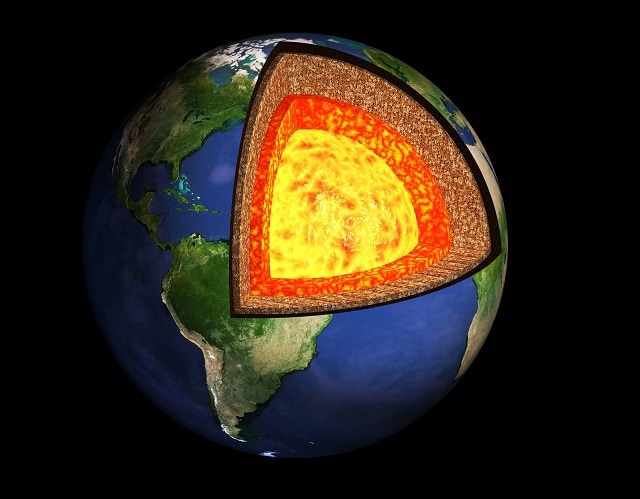Sep 17 2014

Image Credit: Lukiyanova Natalia / frenta / Shutterstock.com
Geophysics is an interdisciplinary physical science which is related to the study of the Earth by means of quantitative physical methods. It is an applied science that deals with the investigation of Earth's internal structure, magnetosphere, atmosphere, ocean and crust.
In modern times, geophysics organizations have examined the fluid dynamics of the atmosphere and oceans, the magnetic and electrical effects in the magnetosphere and ionosphere, the hydrological cycle including ice and snow, and other problems associated with other planets and Moon.
The two major divisions of geophysics are exploration geophysics and global geophysics. Global geophysics is the study of earthquakes, physical oceanography, the Earth's magnetic field, meteorology and thermal state of the Earth. Exploration geophysics includes investigation and management of natural resources such as water, minerals and oil, and the environmental issues associated with these resources.
Geophysical survey data are used to determine the thickness of soil and glaciers, examine mineral deposits and petroleum reservoirs, locate groundwater and assess environmental remediation sites. Geophysical measurements are carried out using the global positioning system, interferometries, gravimeters for Earth surface measurements, radar altimetry for measuring sea level and space probes for collecting data in the areas of the electromagnetic spectrum.
References and Further Reading